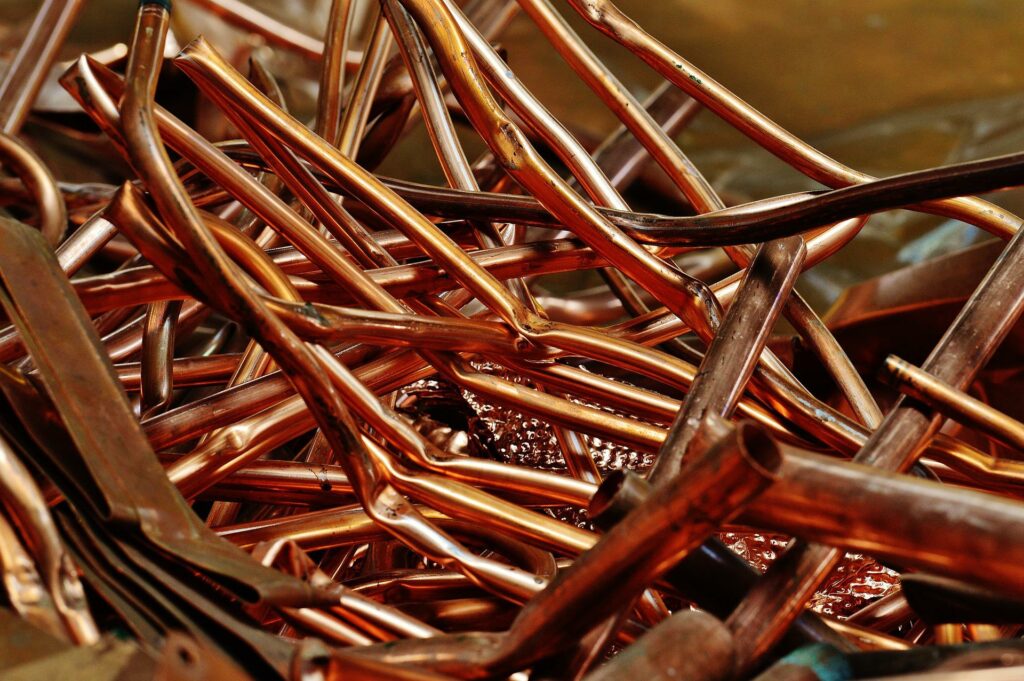Copper prices will mark additional 11% drop, said Katie Stockton from Fairlead Strategies.
Stockton claims that the current fall in copper prices can have a positive effect on reducing inflation, but it is considered a bad sign for the overall economy.
In general, copper prices are considered as the main benchmark of the overall economy and a reliable sign of economic health. Copper is an indispensable material in the production process of the lion’s share of goods.
When the economy strengthens, so does the demand for this precious metal, followed by an increase in prices.
The last time when copper prices soared was at the beginning of March. The prices then went up to $5 per pound. Since then, the prices have fallen further than 30%, reaching $3.41 per pound.
Stockton from Fairlead Strategies predicts that copper prices will continue to fall down. She also believes that they will additionally drop for 11% and land at $3.14 per pound.
Moreover, Stockton added that the “copper prices had lost short-term momentum after rolling over below cloud-based resistance”. According to her, “back below initial support from the 50-day moving average, copper’s loss of momentum within its prevailing downtrend increased the risk to Fibonacci support at $3.14 per pound.
A copper price drop to $3.14 would mean a fall from the peak to the lowest level of 38% only in five months. Usually, this kind of dynamics is related to an economic downturn.
Ned Davis Research (NDR) said that the downturn in copper prices may cause a small panic in the economic growth, but it cannot lead to a full-scale recession.
The copper prices often have a trend in mirroring the economic climate.
NDR claims that copper prices haven’t marked serious decreases that can pose danger to the economy.
If copper prices start to show some upward trend, that will be a good sign for the overall economy. But, if copper prices continue to drop even further, then investors should brace themselves for slow economic growth in the near future.



